Introduction to Kidney Health
The kidneys play a crucial role in maintaining overall health by filtering waste and excess fluids from the blood, regulating electrolytes, and balancing blood pressure. These two bean-shaped organs, located on either side of the spine, also produce hormones that are essential for red blood cell production and maintaining bone health. The significance of proper kidney function cannot be overstated, as they are vital for sustaining life and overall bodily equilibrium.
However, many individuals may face kidney-related issues, such as chronic kidney disease (CKD), kidney stones, and urinary tract infections. These conditions can arise due to various factors, including diabetes, high blood pressure, and poor dietary habits. Moreover, lifestyle choices such as smoking, excessive alcohol consumption, and a sedentary lifestyle can further exacerbate these issues, leading to impaired kidney function. It is essential to be proactive in adopting habits that specifically promote kidney health to mitigate the risk of these complications.
A well-balanced diet plays a pivotal role in maintaining kidney health. Foods rich in specific nutrients can support the kidneys’ natural processes, while others may contribute to their deterioration. For instance, excess sodium can increase blood pressure, which adversely affects kidney function, while potassium and phosphorus levels must be carefully monitored in those already experiencing kidney challenges. By integrating foods that are beneficial for kidney health, individuals can enhance their overall well-being and reduce the risk of kidney disease. This blog post aims to explore the fifteen best foods, including fish, meat, fruits, and vegetables, that contribute positively to kidney function, outlining how dietary choices can lead to long-term health benefits.
Top 5 Fish for Kidney Health
When considering a renal-friendly diet, fish emerges as an excellent protein source that offers numerous health benefits, particularly for kidney health. Rich in omega-3 fatty acids, fish not only supports cardiovascular health but also possesses anti-inflammatory properties that can be advantageous for individuals with kidney issues. Below, we discuss five fish varieties that stand out for their nutritional profile and kidney-friendly characteristics.
1. Salmon: Salmon is widely recognized for its high omega-3 fatty acid content, specifically EPA and DHA, which contribute to heart health by reducing inflammation and potentially slowing the progression of kidney diseases. It is advisable to consume wild-caught salmon when possible, due to its lower mercury levels. Prepare it by grilling or baking to retain its health benefits, with a recommended serving size of 3 to 4 ounces.
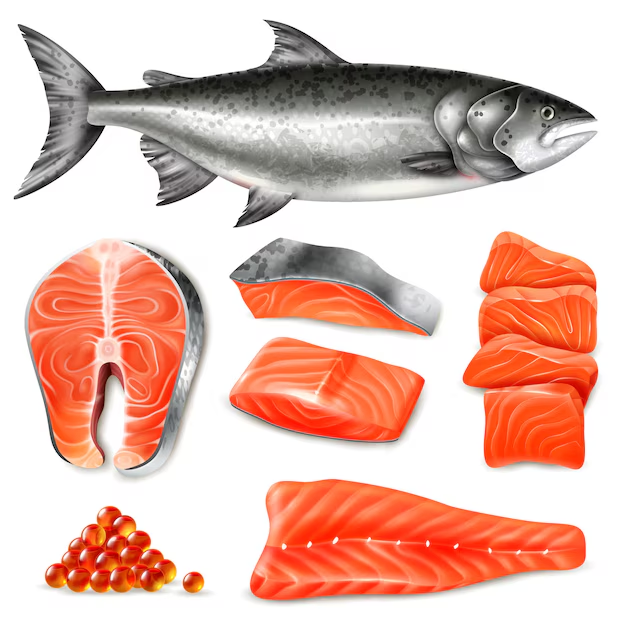
2. Mackerel: This oily fish also boasts significant amounts of omega-3s, making it an excellent companion for anyone maintaining kidney health. Mackerel is generally lower in phosphorus compared to other fish, making it a better choice. Smoked or baked mackerel can add a rich flavor to salads or pasta dishes, with a serving size similar to that of salmon.

3. Sardines: Sardines are packed with nutrients, including omega-3 fatty acids and vitamin D. Their beneficial fat content promotes kidney function while being low in phosphorus, which is vital for individuals needing to limit this mineral. Canned sardines are both convenient and versatile; they can be mixed into salads or pasta for a hearty meal.
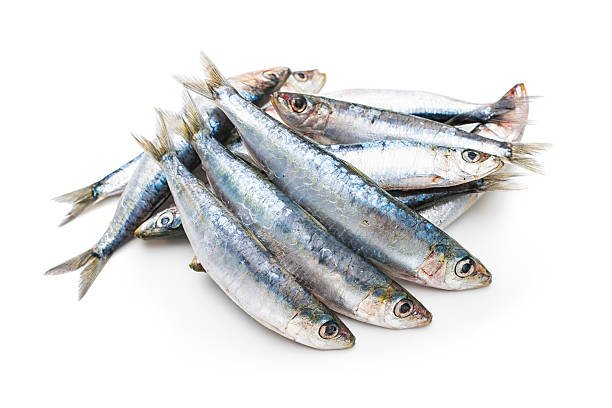
4. Trout: Rainbow trout is another fish rich in omega-3 fatty acids and low in mercury levels. It is beneficial due to its high protein content and is easy to incorporate into various dishes. Grilling or pan-searing trout with herbs can create a nutritious and kidney-friendly meal option, with a typical serving size of 3 to 4 ounces.
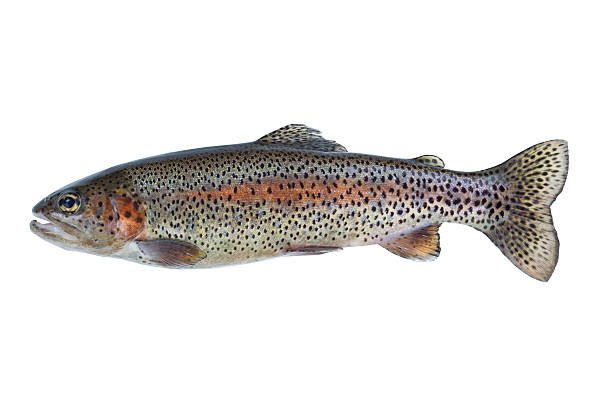
5. Halibut: Known for its mild flavor and firm texture, halibut is a fantastic low-fat protein choice. With moderate omega-3 content, it still contributes positively to a kidney-friendly diet. Baking or steaming halibut with lemon and vegetables enhances its flavor while keeping it healthy, with servings of around 3 to 4 ounces being ideal.
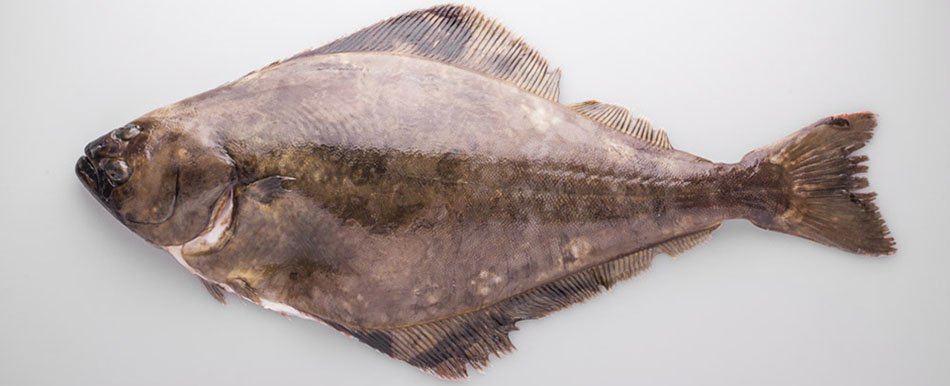
Incorporating these fish varieties into your diet can provide essential nutrients that support kidney health, along with promoting overall well-being. When preparing fish, consider various cooking methods that preserve their nutritional value while ensuring a low phosphorus intake.
Top 5 Meats for Kidney Health
When considering optimal nutrition for kidney health, selecting the right types of meats is crucial. Lean meats are typically lower in saturated fats and can be a valuable source of essential nutrients without overburdening the kidneys with excessive protein. Below are five recommended meats that can be incorporated into a kidney-friendly diet.
First on the list is chicken, particularly skinless chicken breast. This meat is low in fat and high in protein, making it an excellent choice for those monitoring their kidney health. Utilizing grilling, poaching, or baking methods can help maintain its nutritional integrity while avoiding added fats.
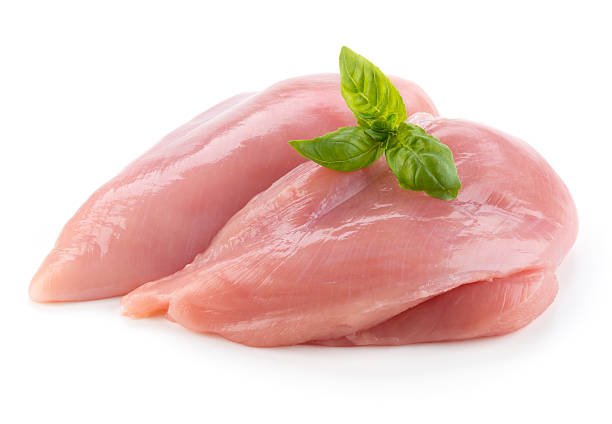
Next is turkey, which is another lean protein option. Turkey is rich in vitamins and minerals, offering health benefits without placing additional strain on kidney function. It is advisable to choose lean cuts and avoid processed varieties high in sodium, which can negatively impact blood pressure and kidney health.

Fish is also an important source of protein that is beneficial for kidney health. Fatty fish such as salmon or mackerel provide omega-3 fatty acids, which have anti-inflammatory properties and may help reduce the risk of kidney disease. It’s best to prepare fish through grilling or baking to preserve its health benefits.
Lean cuts of beef, such as tenderloin or sirloin, can also be consumed in moderation. These meats are richer in iron and other nutrients, which can be advantageous; however, it’s important to manage portion sizes carefully to avoid excessive protein intake.
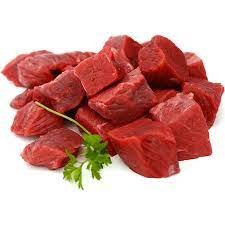
Lastly, pork tenderloin is a favorable option due to its lower fat content compared to other pork cuts. When choosing pork, opting for lean varieties and minimizing processed versions is essential to align with kidney health practices.
Incorporating these lean meats into your diet can be done effectively with a variety of cooking methods and seasonings that enhance flavor without compromising health. It is advisable to focus on portion control and balance these meats within a diet rich in fruits and vegetables for optimal kidney health.
Top 5 Fruits and Vegetables for Kidney Health
Maintaining kidney health is paramount for overall well-being, and certain fruits and vegetables play a significant role in supporting renal function. By incorporating specific varieties into one’s diet, individuals can benefit from their nutrient profiles that promote healthy kidneys. Here are five fruits and five vegetables that have been shown to be particularly beneficial for kidney health.
Fruits:
1. Blueberries: Packed with antioxidants, blueberries have anti-inflammatory properties that help reduce oxidative stress, which can damage kidney cells. They are rich in vitamins C and K, and their fiber content supports digestive health.
2. Cranberries: Renowned for their ability to prevent urinary tract infections (UTIs), cranberries also contribute to kidney health by maintaining urinary tract integrity. Their high vitamin C levels boost the immune system, protecting kidneys against infections.
3. Apples: Apples are high in fiber and contain quercetin, an antioxidant that has anti-inflammatory properties. Consuming apples may help reduce cholesterol levels and improve heart health, indirectly supporting kidney function due to shared pathways.
4. Kiwifruit: This nutrient-dense fruit is known for its high vitamin C content and balance of potassium, making it a great choice for those aiming to support kidney health. Kiwifruit also aids in digestion and may help lower blood pressure.
5. Watermelon: Composed mostly of water, watermelon helps keep the body hydrated, which is essential for kidney function. It contains lycopene, an antioxidant that may help reduce inflammation and protect the kidneys.
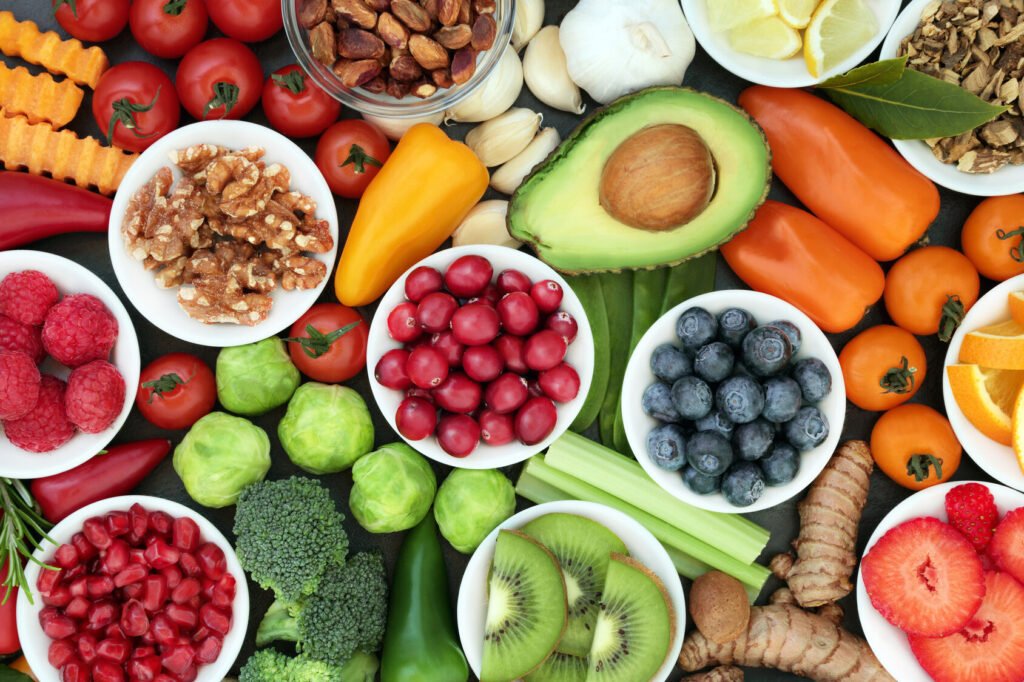
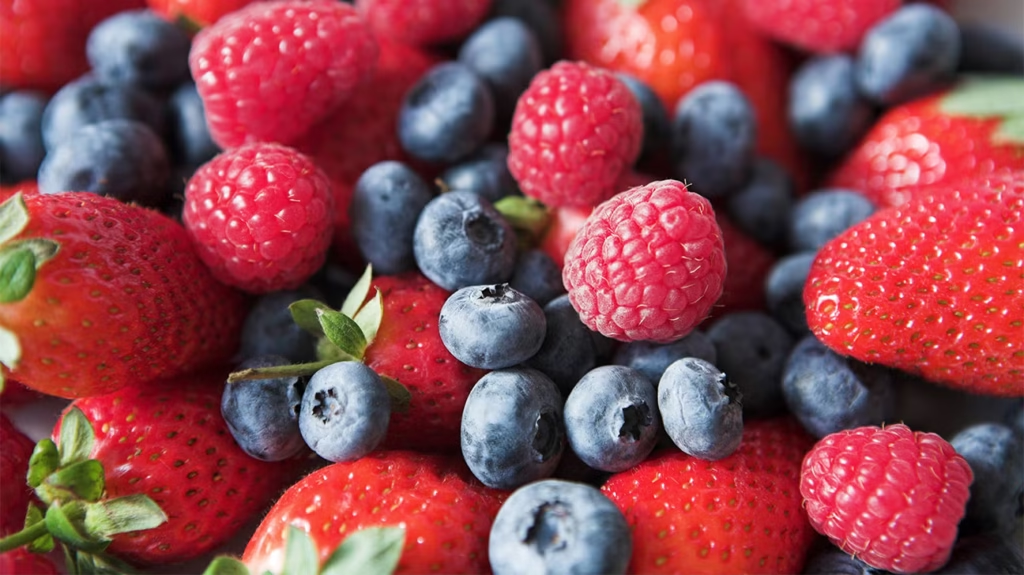
Vegetables:
1. Spinach: Rich in vitamins A, C, and K, spinach provides essential nutrients while being low in calories. It also contains antioxidants that may help reduce inflammation, thereby benefiting kidney health.
2. Cauliflower: This cruciferous vegetable is an excellent source of vitamin C and folate. It has compounds that support detoxification processes and its high fiber content promotes digestive health, contributing to overall kidney well-being.
3. Sweet Potatoes: With their high levels of vitamins A and C, sweet potatoes are beneficial for immune health. Their low glycemic index and potassium content make them great for managing blood pressure, a crucial factor in kidney function.
4. Bell Peppers: Known for their vibrant colors, bell peppers are rich in vitamins A and C, as well as antioxidants. They can help lower inflammation and are low in potassium, making them a kidney-friendly choice.
5. Asparagus: A natural diuretic, asparagus is advantageous for kidney health as it helps rid the body of excess water and toxins. Its vitamins A, C, E, and K content supports overall health, especially when prepared lightly steamed or roasted to preserve nutrients.
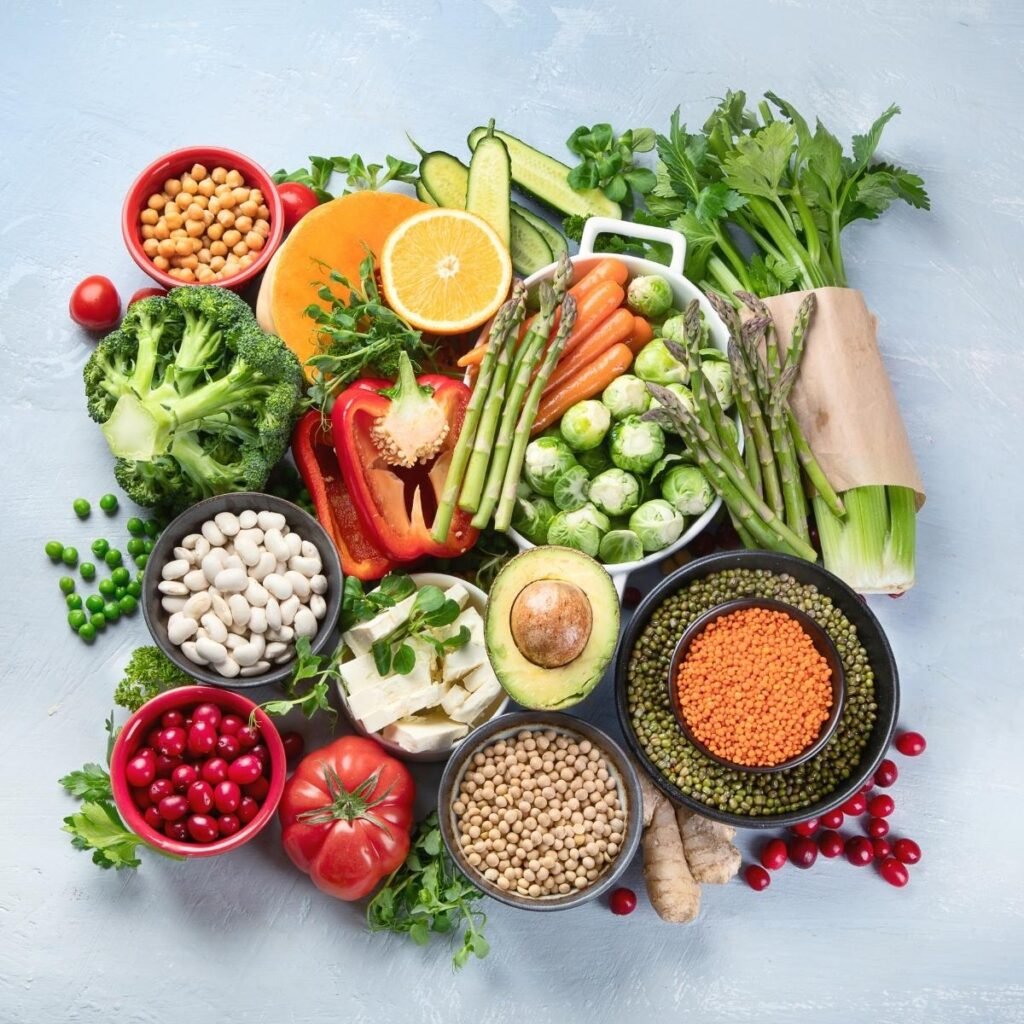
Incorporating these fruits and vegetables into one’s diet can profoundly impact kidney health. They not only provide essential vitamins and minerals but also promote better overall health through their anti-inflammatory and antioxidant properties. By exploring diverse preparation methods, such as blending smoothies, making salads, or roasting, individuals can maximize the benefits of these nutrient-rich foods.